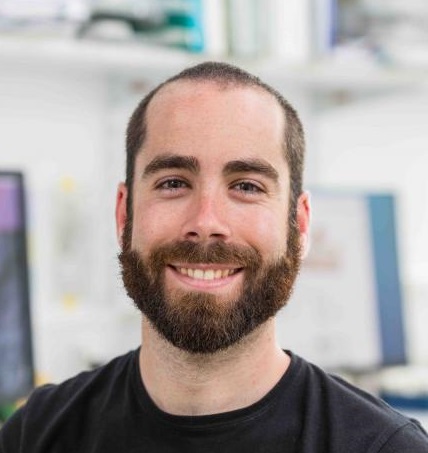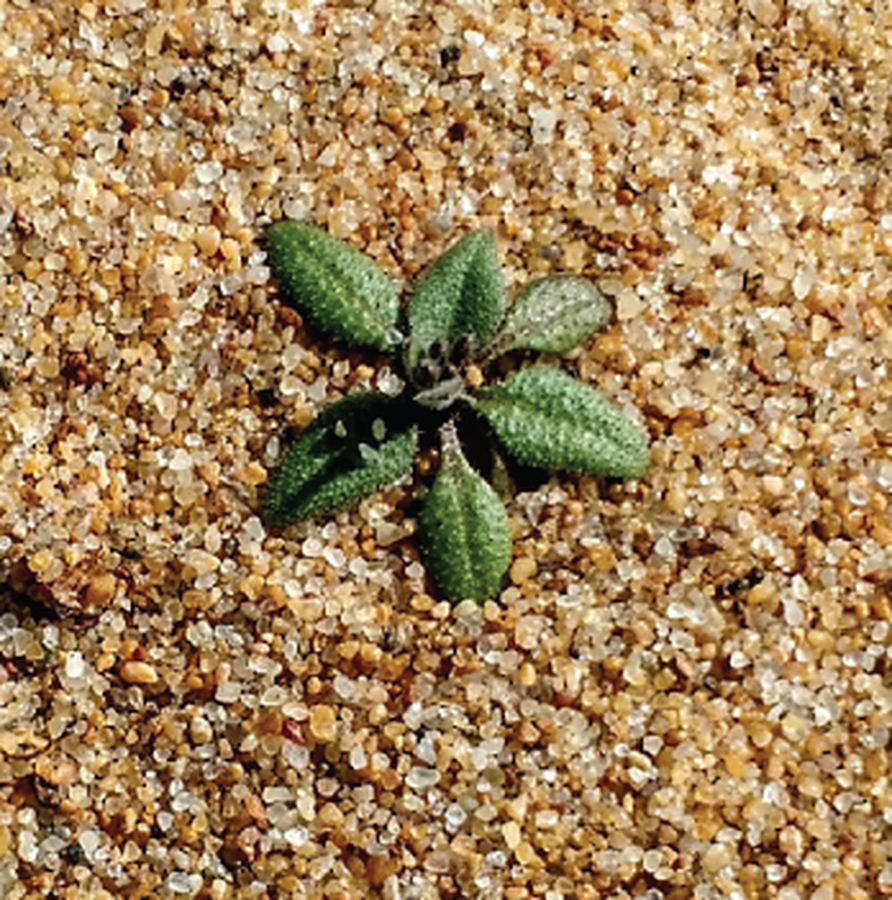Join us to learn how species adapt to a changing climate from Moises Exposito-Alonso, a staff associate at Carnegie's Department of Plant Biology. This is the second virtual program in a series of online conversations with several of our exciting investigators.
 Exposito-Alonso joined Carnegie in September 2019. He uses large-scale ecological and genome sequencing experiments to investigate whether and how plants will evolve to keep pace with climate change. He also develops computational methods to understand fundamental principles of evolution, such as how fast natural populations acquire new mutations and how past climates shaped continental-scale biodiversity patterns. His goal is to forecast evolutionary outcomes of populations under climate change in order to anticipate potential future biodiversity losses.
Exposito-Alonso joined Carnegie in September 2019. He uses large-scale ecological and genome sequencing experiments to investigate whether and how plants will evolve to keep pace with climate change. He also develops computational methods to understand fundamental principles of evolution, such as how fast natural populations acquire new mutations and how past climates shaped continental-scale biodiversity patterns. His goal is to forecast evolutionary outcomes of populations under climate change in order to anticipate potential future biodiversity losses.
Exposito-Alonso earned his Ph.D. in ecological genomics in 2018 from the Max Planck Institute in Tübingen, Germany. After a postdoctoral fellowship in statistical genetics at Berkeley, he joined the Carnegie staff. He is also an assistant professor by courtesy at the Department of Biology at Stanford. This year he has been recognized with the American Society of Naturalists' Jasper Loftus-Hills Young Investigator Award and the Heidelberg Academy of Science’s Karl Freudenberg Prize. He was also selected for Forbes' 30 Under 30 Europe list in science and healthcare.
The California Academy of Science and National Geographic Society iNaturalist app Dr. Exposito-Alonso mentioned during his talk is available here.
And the biodiversity report he discussed can be found here. The policymakers summary is an accessibly entry point for reading its findings.
